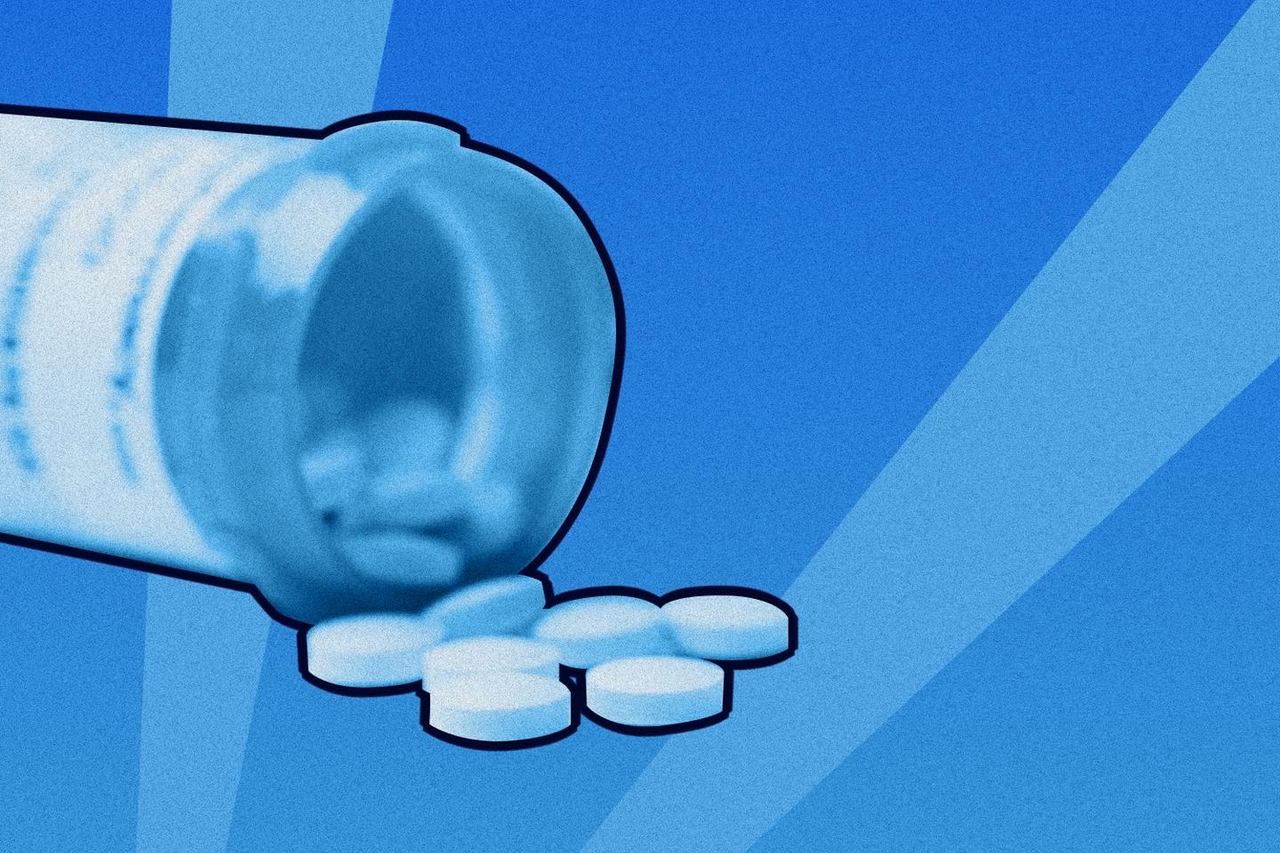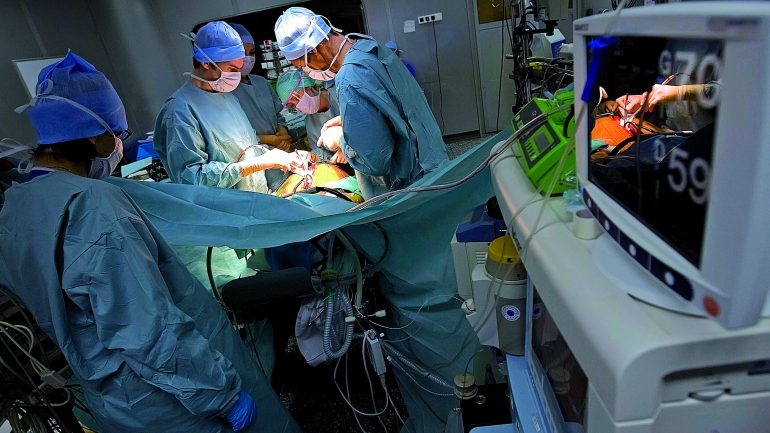Social Security Budget 2026: "Our healthcare system is becoming self-destructive; it feeds on its own organs."

Our healthcare system, this common good whose model was held up as an example a few decades ago, has, through successive political decisions and reforms, become profoundly discredited. Incapable of fundamentally overhauling its funding model, political leaders rely on and abuse a flawed system: the taxation and penalization of system users, namely patients and healthcare professionals. In other words, to continue to exist, the system becomes self-destructive: it feeds on its own organs.
Thus, it doubles co-payments for healthcare: this "sickness tax," the exact opposite of the founders of Social Security's intention to "contribute according to one's means, receive according to one's needs," is cynically justified by the need to "make patients more responsible" —suddenly guilty of being ill. This shift in the perception of illness is reinforced by the announced taxation of daily allowances for patients with long-term conditions. The solidarity-based system is thus eroding a little more each day, under the pressure of short-term interests, fueled by a lack of political ambition.
Doctors, for their part, are becoming ideal scapegoats. The draft social security financing bill (PLFSS) for 2026 thus establishes regulations, penalties, and surcharges on healthcare income. Doctors who charge additional fees, held responsible for exacerbating inequalities in access to care, are singled out and condemned.
Authorization for supplemental fees was granted by Raymond Barre [1924-2007] , then Prime Minister, who recognized that health insurance alone could not keep pace with rampant inflation and maintain the availability and quality of care. The eligibility requirements are strict and set by law: to be able to bill for these supplemental fees, one must have two years of experience as an assistant clinical director or specialist assistant, or five years as a tenured hospital practitioner, or five years as a hospital practitioner in military teaching hospitals.
You have 64.96% of this article left to read. The rest is for subscribers only.
lemonde





